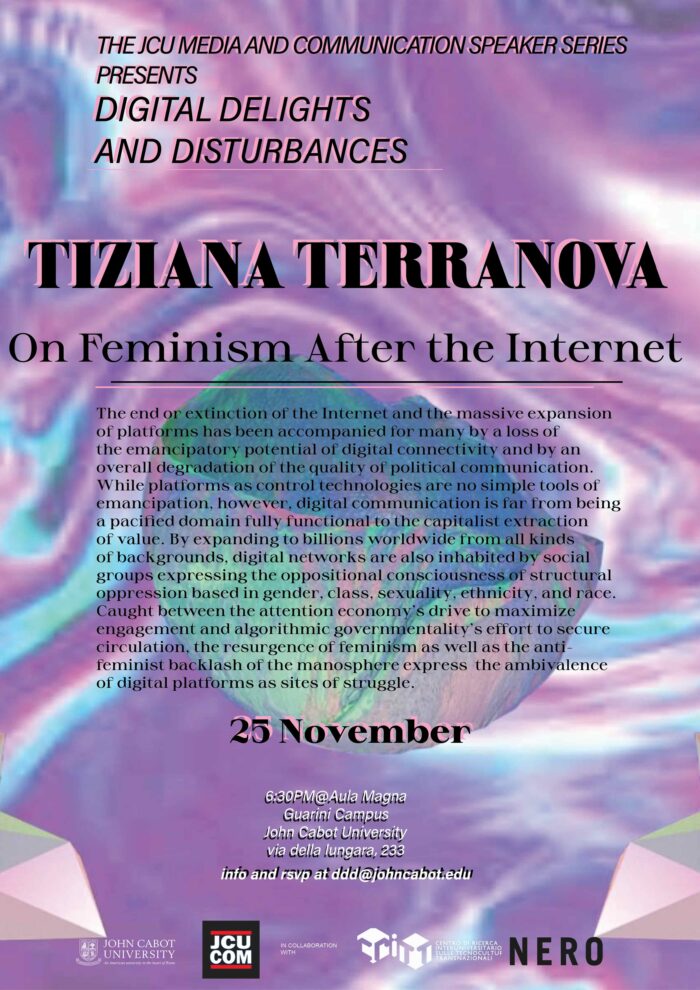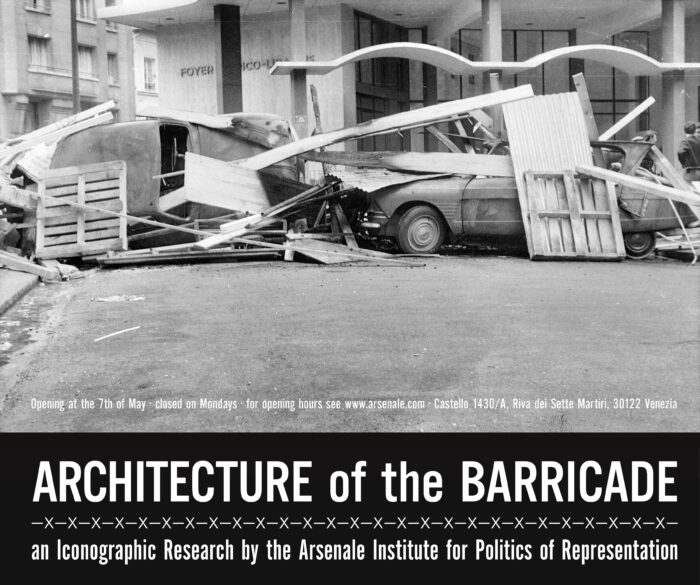On Feminism After the Internet
On the ambivalence of digital platforms as sites of struggle
The end or extinction of the Internet and the massive expansion of platforms has been accompanied for many by a loss of the emancipatory potential of digital connectivity and by an overall degradation of the quality of political communication. While platforms as control technologies are no simple tools of emancipation, however, digital communication is far from being a pacified domain fully functional to the capitalist extraction of value. By expanding to billions worldwide from all kinds of backgrounds, digital networks are also inhabited by social groups expressing the oppositional consciousness of structural oppression based on gender, class, sexuality, ethnicity, and race. Caught between the attention economy’s drive to maximize engagement and algorithmic governmentality’s effort to secure circulation, the resurgence of feminism as well as the anti-feminist backlash of the manosphere express and the ambivalence of digital platforms as sites of struggle.
This lecture will take place on November 25th, at 6:30pm, in the Aula Magna Regina (Guarini Campus) John Cabot University, Via della Lungara 233, as part of the Fall 2024 edition of the event series Digital Delights & Disturbances (DDD).
The DDD Event Series is organized and sponsored by the JCU Department of Communication and Media Studies, in collaboration with NERO and CRITT (Centro Culture Transnazionali).
More info and RSVP at [email protected]. You can follow the livestream at this link.
How political struggles moved mainly to digital platforms?
Tiziana Terranova: I do not think that political struggles as such have moved to digital platforms. It is more than digital platforms have become part of the social infrastructure of contemporary societies so they are necessarily pervaded by political struggles which are also a constitutive part of such societies. This encounter has generated a challenging condition because especially social media platforms thrive on engagement, which political struggles generate, but try to secure the smooth functioning of their platforms as capitalist enterprises.

What was the effect on political communication?
One could also reverse the question: what has been the effect of political communication on digital platforms. There are different forms of political communication, but the one that has had more impact is undoubtedly propaganda which is pervasive. Right wing propaganda is especially powerful and effective online and it presents two features: it structurally drives on the production and diffusion of fake news and it actively incites an atmosphere of civil war where there is a kind of linguistic terrorism at work. It drafts users as well as paid agents into a kind of cyberwar against the left. Interestingly enough when Meta tried to police right wing propaganda, it was accused of being partisan by Republicans in the US and they have massively cut down on moderation and fact checking.
If platforms are technologies of control, isn’t it any less mediated option to express oppositional consciousness?
Technologies of control presuppose freedom and work to manage freedom—in this case of circulation. Control can be empowering or debilitating—it is ambivalent. If you want oppositional consciousness to circulate and expand, you need platforms. There is no outside of mediation. However you can still work to revise your political practices within physical spaces or look for digital tools whereby control empowers and does not incapacitate the left.

Is the Internet really extinct? Can it be taken back to life in any way?
We need to revise our model of time away from sequentiality—as anti-colonial feminists who are working with quantum ontoepistemologies suggest. The Internet is not extinct but incapacitated and debilitated—one the main strategies of power today. We need to learn how to take care of the old and bring it into the present. Restoring the past should not be left to fascism—as Jack Bratich argues in his book On Microfascism.
Shall we take the struggle back offline?
Definitely we need to be in physical spaces, but such spaces are also online. Also effective kinds of online struggles (for example against platform) are fundamental. I would not think about this in dichotomous ways.





